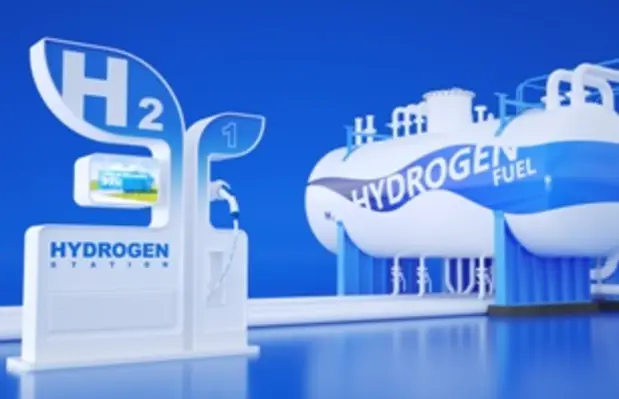ADNOC has announced it is bringing forward its net zero ambition to 2045, from its previous target of 2050, and is looking to achieve zero methane emissions by 2030
ADNOC is set to increase investments in and double down on its decarbonisation efforts, backed by an initial US$15bn allocation to low-carbon solutions, enabling it to expedite the implementation of its key decarbonisation initiatives, including carbon capture and storage, electrification, energy efficiency and nature-based solutions. Over the coming months, ADNOC will announce further investments and associated projects that will enable it to meet its updated ambitious decarbonisation targets. In 2022, ADNOC established a Low Carbon Solutions and International Growth Directorate to identify opportunities and drive forward its decarbonisation plans.
The company is a key enabler of the UAE’s updated Nationally Determined Contribution (NDC), which raises the ambition of the UAE’s nationwide emissions reduction ambition to 40% by 2030. It is also playing an important in supporting the UAE’s recently updated Energy Strategy 2050, its new National Hydrogen Strategy and Abu Dhabi’s Climate Change Strategy.
ADNOC will drive the global growth of renewable energy and green hydrogen through its shareholding in the Abu Dhabi Future Energy Company (Masdar), which is targeting a portfolio of more than 100 GW of renewable capacity and the production of one million tonnes of green hydrogen by 2030.
ADNOC’s decarbonisation plan includes a US$3.8bn, first-of-its-kind at scale, project connecting its offshore operations to clean grid power, which will reduce its offshore carbon footprint by up to 50%. It also includes building a one million tonnes per annum low-carbon ammonia production facility to help ADNOC’s customers decarbonise.
This year, the company started two pilot projects to deploy leading climate technologies to capture and permanently store carbon dioxide (CO2) as part of its plan to expand its carbon capture capacity to five million tonnes per annum by 2030. These build on ADNOC’s industry leading carbon capture and storage facility, Al Reyadah, which became the world’s first commercial scale operation to capture emissions from the steel industry when it was completed in 2016. The facility, with the capacity to capture 800,000 tonnes of CO2, has played a pivotal role in advancing carbon capture technology and reducing emissions from industry.










